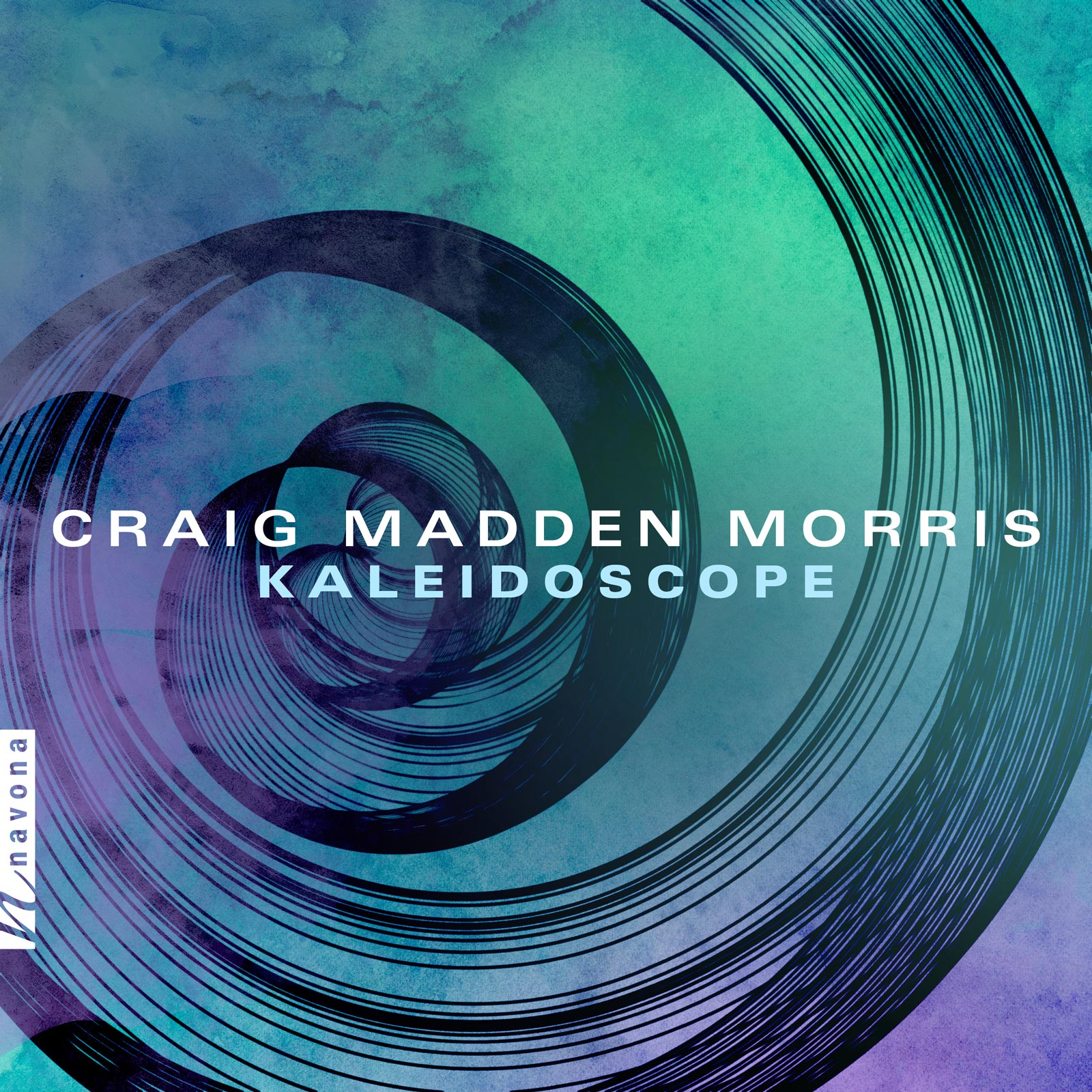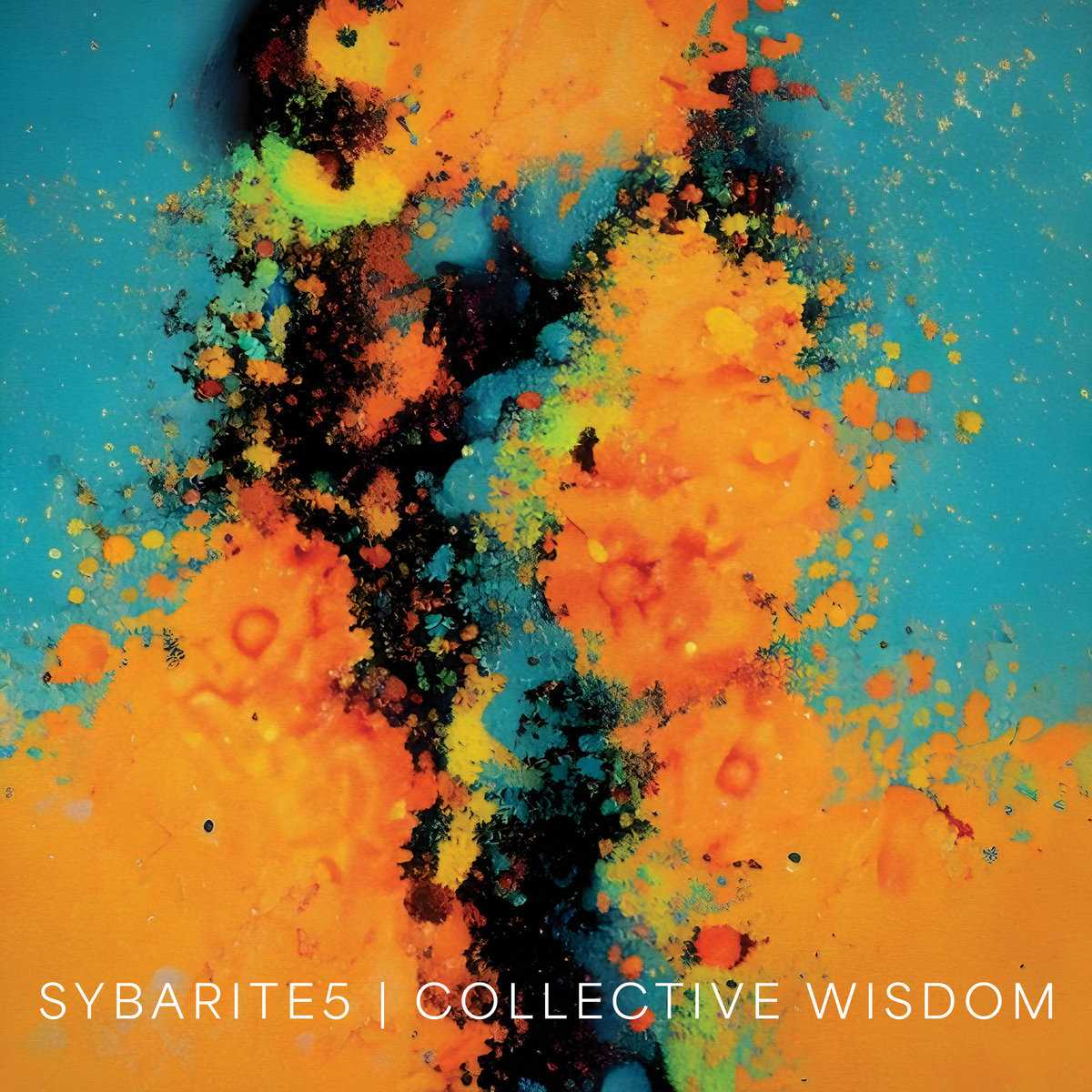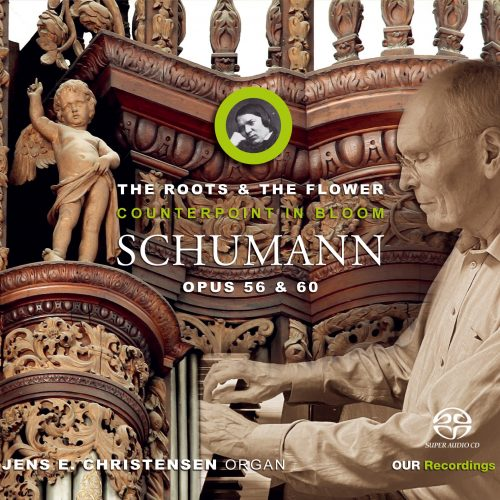
Of music and feelings we all know of both, let us hope, but what matters in listening to music that expresses such? For the New Music the Expressionist angle is virtually always of some relevance, never old hat. It is not so much the presence of emotions as how they are presenced that matters in the end. No music is entirely without feelings, of course, though some may have less obvious expression of it, for example a particularly abstracted Webern piece. In the experience of a new work of music we may find feelings either out front and important, especially perhaps in a lieder, or less so in various examples. So we might note that Chopin's music reflects a good deal of emotion, and if you are like me and find it interesting to watch reruns of the Ed Sullivan Show, the pop chanteuses and such from the '60s sang a great deal about emotions too, but of course not so much of that sort of music approaches the heightened musical level of a Chopin, if any. Of course such things may situate a piece of music in our world of New Music today,
So really when music expresses emotion we should consider a look to the amount of musical intelligence built around such a music. Craig Madden Morris is a present-day composer who does not shy away from expressing a variety of emotions, and to that extent there is an interestingly untypical strain of Neo-Romanticism inherent in his work, so I have found.
When you listen to his album of such compositions, Kaleidoscope (Navona NV6494), what matters happily is the brilliance of the human-to-human connectivity of the expression, and fortunately we have much to go on in this wise on his some seven works presented here.
All the works have a good deal of Expressionism, a high level of powerful sonic worthiness, and an inventive melodic-harmonic cohesiveness. The very first work you hear is the ten-minute orchestral "Elegy" on the tragic self-inflicted death of a violinist in the Ridgewood Symphony. I will admit it took me some almost ten listens before it came clear in my head how compelling it all was, the kind of feelingful sprawl; and brilliantly orchestrated irregular lyricism that takes you somewhere after Mahler but then where are you? Not in a Kindertotenleider place, surely. You are in Morris-land in the end, somewhere unexpected and original.
Next in the body of works here we have the title work, "Kaleidoscope" for string quartet, which brings us almost to Bartok with the furrowing deepness of that and later Beethoven as touchpoints, yet Morris stays in his own place in the end, nicely so. Then follows the solo piano rhapsodic "Reflections," a intensely longing sort of story with harmonic expansion built in.
In "3 Pieces for Choir " a kind of Modern extension of glee club emoting not precisely old nor advanced so much as determined to be rhapsodic in choral Modern way.
The remaining three works in the program follow the general trend in singular ways. "Longing" for violin, clarinet, cello, piano and "The Gentle Path" for violin and piano keep the music feelingful and absorbing.
Then finally solo clarinet and orchestral conclude the program in "Romance," sin an almost Schubertian natural setting that goes one to fukk our eqars with Impressionistic light and beyond before calmly closing out for us the intriguing set of works.
None of them can be predicted easily within the notion of a new Romantic or even wholly Expressionist palette, none are of the ordinary x follows y sort of style, each stands out in its own not as typical of backward leaning compositions or of a Progressive Modern outlook either.
That somewhat unexpected yet very musical approach for each work sets it outside a formulaic Romantic or a rote perspective of the Modern and New. And the fact that it is situated where it is yet also excels as a set of well wrought musical examples and makes it all something special.
I recommend you listen. Go to https://www.navonarecords.com/catalog/nv6494/#listen to get a complete stream of all of it. See also my review of his previous album Dreams by typing his name in the search box above.






